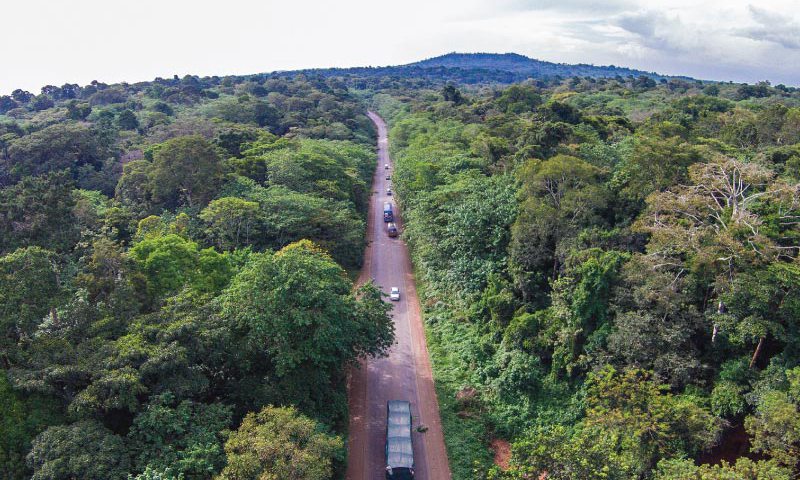The international community today celebrates the International Day of Forests with a call on citizens to make their cities greener, healthier and happier to live in.
To be celebrated under the theme, ‘Forests and Sustainable Cities’, this year’s event will provide a platform to increase awareness on the role of forests in storing carbon, which helps mitigate the impacts of climate change in urban areas. Last year’s theme was Forests and Energy.
“By 2050, six billion people or 70 percent of the global population is expected to live in urban areas. Rapid urbanization does not need to result in polluted urban sprawl. Trees and urban forests can make our cities greener and healthier places to live,” the UN says.
By 2035 about half of Africa’s population will be living in urban areas. Officials say this population trend presents considerable demands for employment, services and infrastructure, of which forest resources will play a key role.
The International Day of Forests was established on March 21, 2012 by resolution of the United Nations General Assembly on November 28, 2012 and each year, various events celebrate and raise awareness of the importance of all types of forests, and trees outside forests, for the benefit of current and future generations.
Key messages this year include:
- Forests and trees store carbon, which helps mitigate the impacts of climate change in and around urban areas.
- Trees also improve the local climate, helping to save energy used for heating by 20-50 percent.
- Strategic placement of trees in urban areas can cool the air by up to 8 degrees Celsius, reducing air conditioning needs by 30 percent.
- Urban trees are excellent air filters, removing harmful pollutants in the air and fine particulates.
- Trees reduce noise pollution, as they shield homes from nearby roads and industrial areas.
- Local populations use the fruits, nuts, leaves and insects found in urban trees to produce food and medicines for use in the home, or as a source of income.
- Wood fuel sourced from urban trees and planted forests on the outskirts of cities provides renewable energy for cooking and heating, which reduces pressures on natural forests and our reliance on fossil fuels.
- Forests in and around urban areas help to filter and regulate water, contributing to high-quality freshwater supplies for hundreds of millions of people. Forests also protect watersheds and prevent flooding as they store water in their branches and soil.
- Well-managed forests and trees in and around cities provide habitats, food and protection for many plants and animals, helping to maintain and increase biodiversity.
- Forests in cities and surrounding areas generate tourism, create tens of thousands of jobs and encourage city beautification schemes, building dynamic, energetic and prosperous green economies.
- Urban green spaces, including forests, encourage active and healthy lifestyles, improve mental health, prevent disease, and provide a place for people to socialize.








